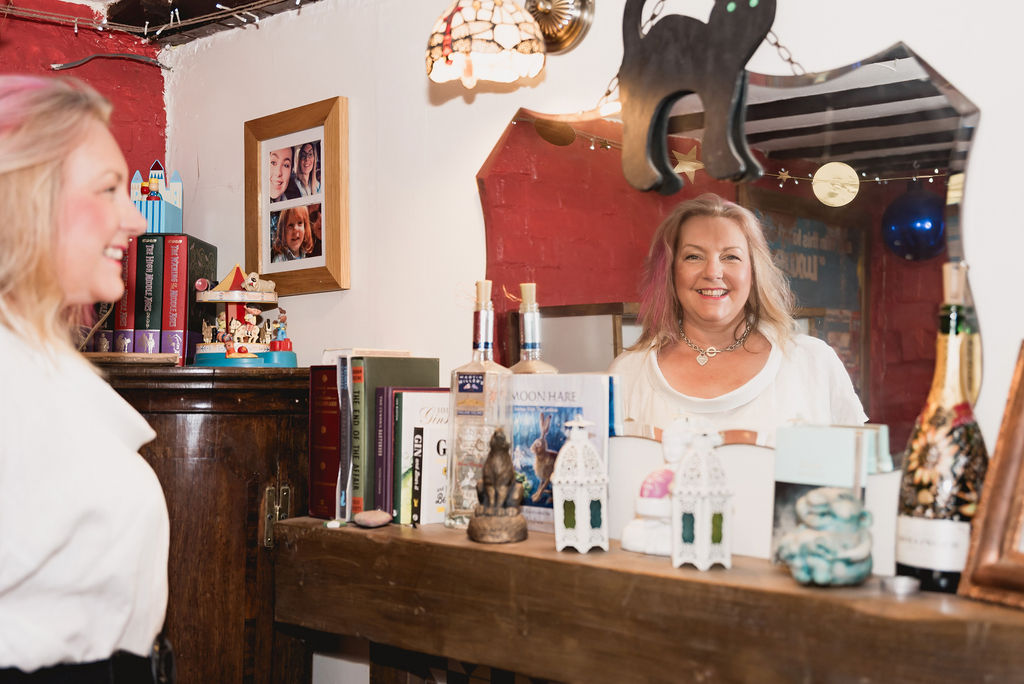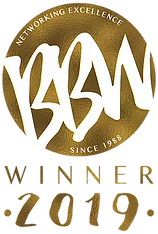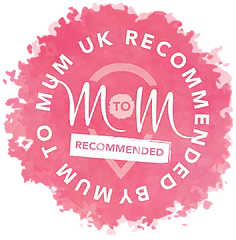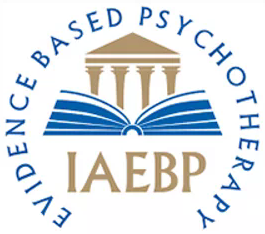

When individuals or couples come into the clinic space to talk about relationships thank very often start by telling me all about the challenges they face with the other person or people. They talk about how the other person behaves and what they do and how that annoys them or frustrates them they talk about how they would like the other person to be what could be different in the relationship they often talk about how they can’t communicate with the other person and that they feel as though the other person doesn’t understand them you can see already it’s very much focused on the other person.
Whilst this is interesting background they’re often surprised that what I’m more interested in is why the other persons behaviour gives them the reaction it does why they feel the way they do and in many cases what day is an individual are doing in the relationship that enables or instigates or continues the challenging interactions.
It’s my role as a therapist to help bridge those communication gaps but the way to do this is to bring it back to the person themselves. In so many cases the things that irritate you or frustrate you about another person are actually behaviours that you see in yourself but you don’t really feel ready to own or admit. When this happens it’s easier to what we call project that on the other person. This behaviour itself of projecting onto another person is known as enactment.
Now this isn’t for every case and it’s not always a mirror of the exact same behaviour for example, individuals in a very unhealthy perhaps aggressive relationship may not be the aggressor but their own behaviour will in some way be reacting with the aggressor and it’s interesting to explore how that behaviour pattern is created and why they stay in it.
But of course it’s so much easier to not look inward and to see things in other people. Sometimes as a therapist they see it in US there’s a number of different perspectives ‘I see the behaviour but I only see it in you’. ‘I don’t see it in me I see the behaviour in the relationship but I don’t believe I’m the cause of that behaviour’, ‘I do really know there’s a part of me that plays into that behaviour but I don’t want to take responsibility for that part so I won’t see that behaviour in me even though I really know it’s there.’
This is why in relationship work we now do a mix we see in the people in the relationship individually and we see them together when we see them together we can see the dynamics between them and we can start to talk about what they are each bringing into the relationship and their feelings and by seeing them individually we can give them a safe space in which to be further vulnerable and explore those parts of self that they’re finding difficult, but are causing challenges in the relationship.
The fact is whether it’s a healthy engaged relationship or a difficult challenging one we all react to the other people in it we all have our own ways of handling behaviours and we all have our own way of behaving. So when your partner is really annoying you, or you’re feeling frustrated have a think about why you feel that way. What is the pattern of behaviour that you and your partner have fallen into that may be enabling this behaviour to continue?, and what parts of your partner’s behaviour if you’re honest do you actually see in yourself and if so what would you choose to do differently..
For support in all your relationships please feel free to book a free initial consultation using the following link
https://calendly.com/bemooretherapy/discovery-call
Or follow my podcast on all your favourite podcast stations ‘ In The Relationship Arena’ or catch up with me on my YouTube channel for in the relationship arena stories.








Download my free Let’s Dive into Joy! guide to help you reconnect with what lights you up.